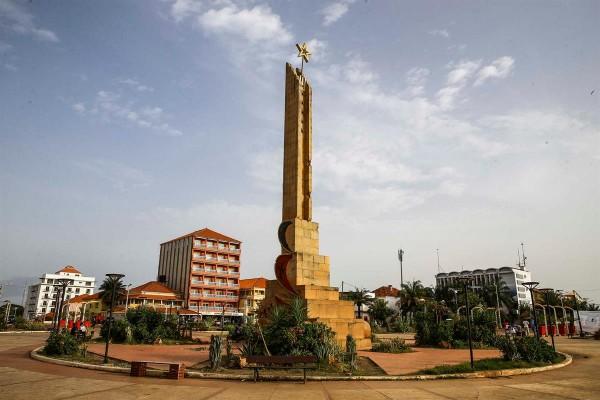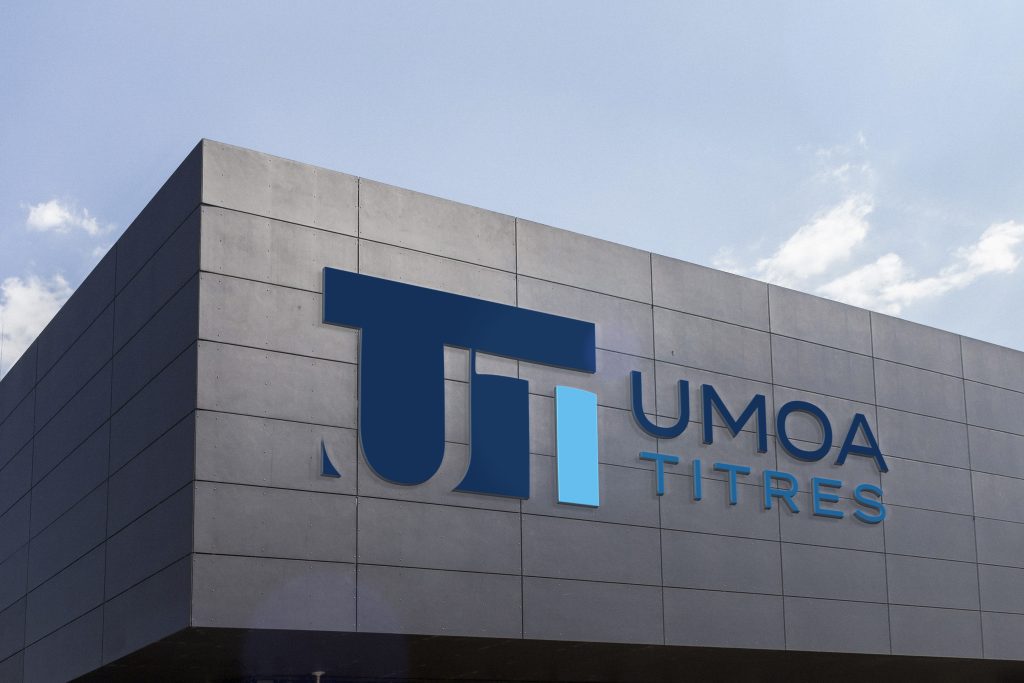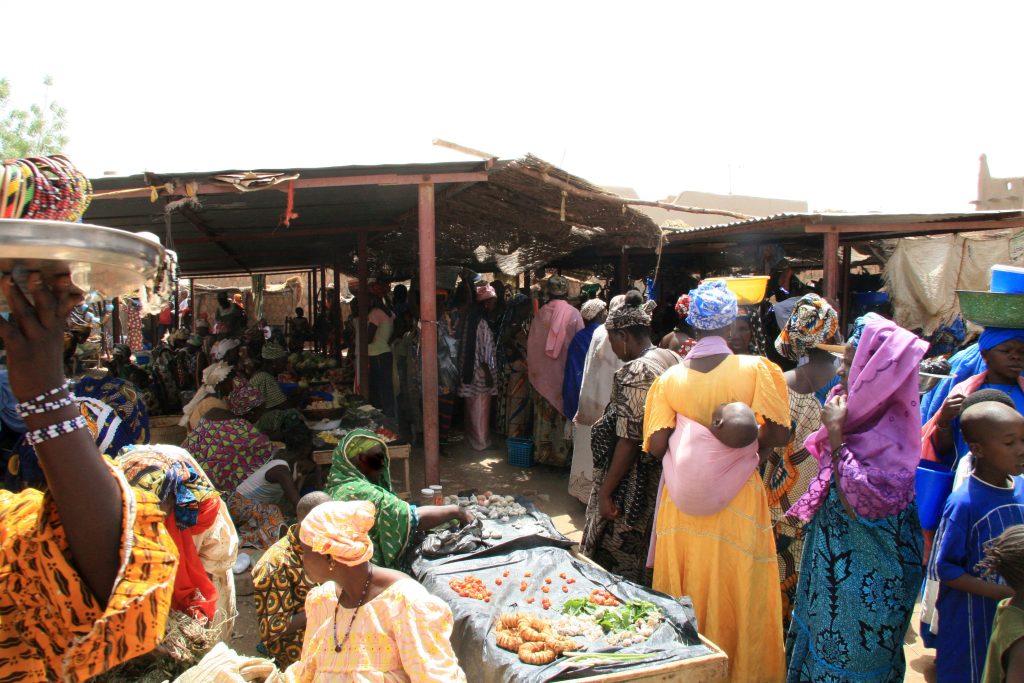Guinea-Bissau, the only Portuguese-speaking country in the UEMOA zone, covers an area of 36,125 km² with a population of 1,604,561. The country’s economy is highly dependent on the political climate, the performance of the cashew sector and foreign aid.
With an estimated GDP growth rate of 4.5% in 2019, Guinea Bissau, after a period of instability, is increasingly inspiring investor confidence, especially since the signing of an agreement with the IMF in 2014 aimed at restoring macroeconomic balance and carrying out reforms.
The Guinea Bissau government is also relying on specific economic programs to enable the country to maintain growth and make Guinea Bissau an attractive country for investors. Reforms have been carried out to help the country achieve the objectives of the National Development Plan, the first phase of which, covering the period 2015-2020, is known as “Terra Ranka”, which means new beginning. These are reforms to strengthen public infrastructure, energy, water and sanitation.
Promising economic outlook
Guinea-Bissau’s GDP is highly dependent on economic conditions in the cashew market. The 4.7% growth recorded in 2017 was mainly due to the production and export of cashew nuts to Brazil. The slowdown in economic activity observed in 2018 (1.3 percentage points) is due in part to lower prices on the international market and the deterioration of production and exports. This slowdown also had an effect on the tertiary sector, with a negative impact on the trade sub-sector. From 4.7% in 2017, Guinea Bissau’s GDP should fall to 3.4% in 2018. Growth is expected to accelerate in 2019 with an estimated GDP growth rate of 4.5%, in large part due to the reduction of export taxes on cashew nuts.
Before the COVID-19 crisis, Guinea Bissau’s real GDP growth rate was projected at 5.6% in 2020. Due to the adverse effects of the pandemic on activity, Guinea-Bissau’s GDP is expected to contract in 2020 before rebounding in 2021.
The effective implementation of reforms has also enabled Guinea-Bissau to move up two (2) places in the Doing Business ranking between 2014 and 2016. The government wishes to maintain this momentum in order to attract more international investors. Guinea-Bissau was ranked 176th out of 190 countries in the World Bank’s Doing Business 2018 report. In 2020, it is ranked 174th out of 190.
This confidence should also have a positive impact on private investment. This situation explains the increase in the investment rate to 15.6% in 2019 after 14.5% in 2018. Guinea-Bissau is therefore a country in search of stability, which is making real economic progress with a debt ratio of around 55.9% in 2019 compared with 57.8% a year earlier, below the WAEMU community ceiling of 70%.
Key sectors of the economy with significant performances
The objective of the Guinea-Bissau government is to create the conditions for sustainable GDP growth. In particular, by boosting public investment and reducing imports in favor of exports, which have been steadily increasing since 2013 thanks to cashew nut cultivation. To achieve this objective, the country intends to rely on the key sectors of the economy, particularly the agriculture and trade sub-sectors.
Guinea-Bissau’s growth in 2019 is driven by the primary sector. The primary sector grew by 7.1% in 2019 after 1.3% in 2018. This acceleration is mainly due to the performance recorded in the agricultural sector.
The secondary sector, for its part, grew by 2.4% in 2019 compared with 4.0% the previous year. This slowdown is mainly linked to the contraction in construction activity (-4.3%). As for the manufacturing and water and electricity production sub-sectors, they maintained significant levels of growth.
As for the tertiary sector, its contribution remains important despite a slight slowdown in 2019 of 0.9 growth points.
Overall, Guinea-Bissau is a country that is making progress towards lasting stability and a new economic lease of life. To achieve its development goals, the country is counting on the implementation of reforms and economic programs that will guarantee this stability, but also good governance and continued economic growth.
For more information on the economic situation in Guinea Bissau, download the country information note prepared by UMOA-Titres here.
Source : Guinea-Bissau Information note – UMOA-Titres, 2020 edition















